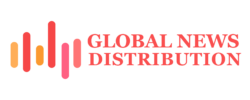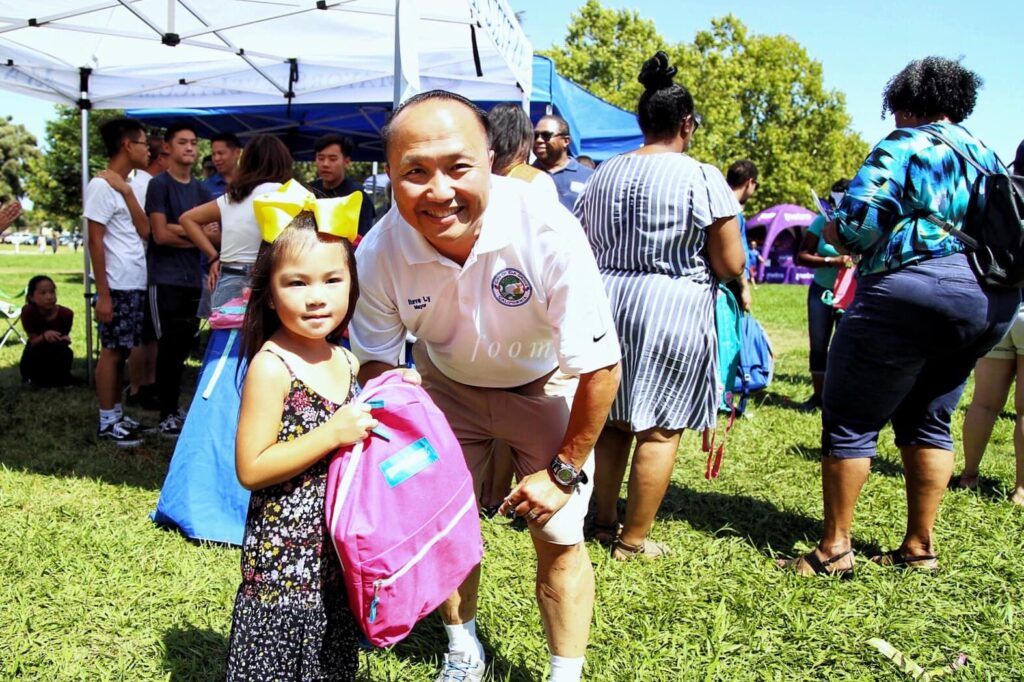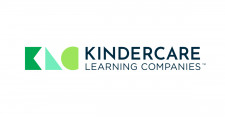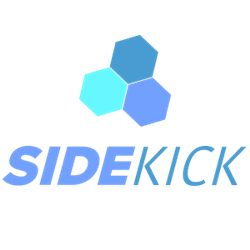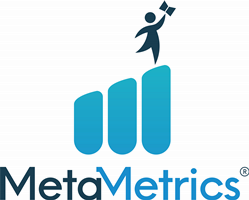March 24, 2022 (Global News Distribution) -
Key New NEPC Policy Brief Takeaway: Brief suggests processes and frameworks to improve school policy and practice for all youth.
Transgender and nonbinary (collectively referred to here as “trans”) students are ill-served by most school environments. They experience challenges trying to navigate institutions that, at best, are poorly designed to support them and that often work against them. Although some districts and states have developed laws and policies to improve students’ experiences, many are either ill-conceived, ineffectively implemented, or reinforce restrictive and inflexible structures regulating gender.
This issue is examined in depth in a new NEPC policy brief, Transgender Students and Policy in K-12 Public Schools: Acknowledging Historical Harms and Taking Steps Toward a Promising Future, authored by Elizabeth J. Meyer and Bethy Leonardi of the University of Colorado Boulder, and Harper B. Keenan of University of British Columbia.
State legislation, district policies, federal regulation, and court opinions have created an inconsistent and confusing patchwork of vulnerability and protections. The Equal Protection Clause of the U.S. Constitution has been held by federal courts to provide some protection. But Title IX, the federal law that prohibits discrimination “on the basis of sex” in educational institutions, has had—under different presidential administrations—radically different guidance and enforcement regarding transgender students since 2010. Meanwhile, in 2016 and again in 2021-22, a wave of anti-trans legislation surged in many states, with bills proposed to exclude transgender youth from appropriate bathroom facilities, sports participation, accessing healthcare, and updating legal documents to reflect their self-determined gender.
A powerful body of research demonstrates the harms such discriminatory legislation causes and what measures can improve students’ experiences in schools. This research, if heeded, can inform more effective laws, policies, and implementation efforts for trans students to thrive in school. At the same time, the authors of this new brief explain that such useful laws and policies are insufficient to create conditions under which trans youth are likely to succeed.
Meyer, Leonardi, and Keenan conclude with recommendations for policy and practice to create spaces in which trans youth can thrive in school. The recommendations are multifaceted and differ from traditional policy recommendations in that they do not focus only on law and policy as the primary drivers of system transformation. Rather, they emphasize the power of grassroots community organizing as a way of propelling change. They also offer questions for policy actors to consider as they develop and implement policies and advocate for improving conditions for trans youth.
The new brief’s authors explain that they have two goals. First, to provide support for policy development and implementation, and second, to suggest processes and frameworks to improve school policy and practice for all youth. In doing so, they offer recommendations for federal, state, and local policy, and for implementation efforts at the local level.
Find Transgender Students and Policy in K-12 Public Schools: Acknowledging Historical Harms and Taking Steps Toward a Promising Future, by Elizabeth J. Meyer, Bethy Leonardi, and Harper B. Keenan, at:
http://nepc.colorado.edu/publication/transgender
This policy brief was made possible in part by the support of the Great Lakes Center for Education Research and Practice (greatlakescenter.org).
The National Education Policy Center (NEPC), a university research center housed at the University of Colorado Boulder School of Education, produces and disseminates high-quality, peer-reviewed research to inform education policy discussions. Visit us at: https://nepc.colorado.edu
Contact Author
MICHELLE RENÉE VALLADARES
National Education Policy Center
(720) 505-1958
ELIZABETH J. MEYER
University of Colorado Boulder
(303) 735-3029
